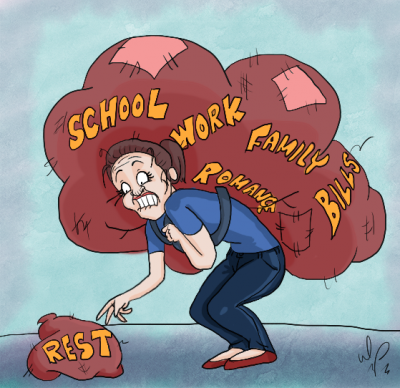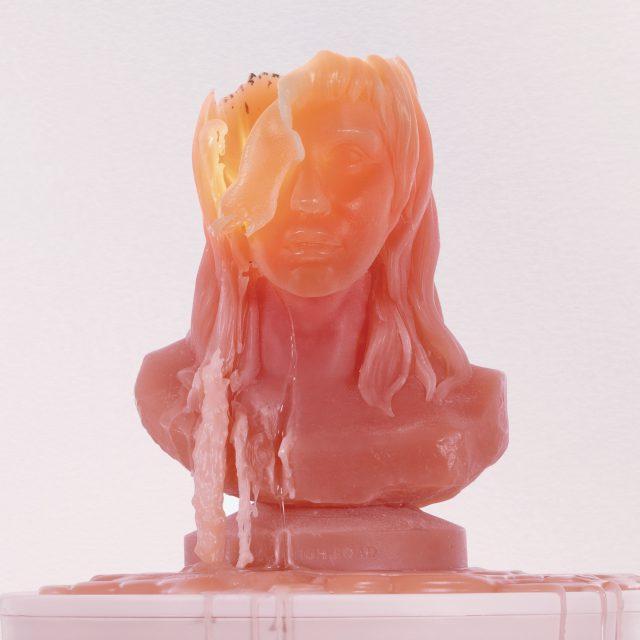
Finishing a TV show is like ending a relationship with a longtime friend. You both grow together and go through highs and lows, and then one day, it is over. You’re sad that they are gone, but cherish the time you had.
“Bojack Horseman” proved to be one of TV’s greatest shows over the last six years. Its final season was split into two parts, and now that both parts have been released, this final season did all the right things and ended on the perfect note.
Season Six began with Bojack finally admitting he had a problem and going to rehab. The first half of the season followed Bojack as he made healthier choices and started to accept that he could create happiness himself.
Bojack was given a fresh start in the form of a drama instructor job at a university, but that happy ending was cut short as two journalists discovered all of Bojack’s secrets. From almost sleeping with his friend’s 17-year-old daughter to being responsible for giving heroin to his TV daughter, Sarah Lynn, which ended up causing her to overdose.
Bojack has had problems with depression as well as drug and alcohol abuse, but his biggest problem is an addiction to victimhood. He never took responsibility for himself or his actions, and in doing so, he created problems for himself and everyone close to him.
Part two of Season Six finally sees Bojack facing the consequences of his actions. After spending a semester at his new job, he is forced to deal with his issues head-on, and learns that the consequences for his bad behavior are inescapable. One of the main thematic elements of the season is that even if one decides to move on and forget about their past, what they did will catch up to them sooner or later.
“Bojack Horseman” manages to ride the line between boldly telling an honest story about depression, addiction and the human condition while also inserting absurd humor to lighten the heaviness of the show’s darker themes.
The series began with Bojack having a close-knit group of four friends. By the time season six starts, he is considerably distanced from them. The difficulty of having a friendship with such a problematic person is a recurring theme throughout the series, and Season Six is no different.
The small cast all have their arcs within the series, although Bojack’s story is the main focus.
For example, one of Bojack’s friends, Diane, is now living in Chicago with her boyfriend and has had depression for a long time and has decided to take antidepressants. Her story unfolds as she manages to live with the medication and unwillingly pivots her career from hard-hitting memoirist to young adult writer.
The rest of the cast are given their storylines, albeit not as fleshed out as Diane’s or Bojack’s. Everyone is in a completely different place than where they started, and the development within each character is uncommon for animated sitcoms.
The beauty of this show isn’t born out of only the humor or the drama but the effortless blend of the two. It handles serious topics in a mature way for the viewers to understand and learn from.
The show talks about addiction, abuse and severe mental health issues, but none of that ever becomes the main point of the show. The constant idea throughout the series is the hope that things will get better. And that remains true until the ending credits of the series finale.
There is not a better, more human or genuine representation of mental issues than this show about talking animals working in the entertainment industry.





























